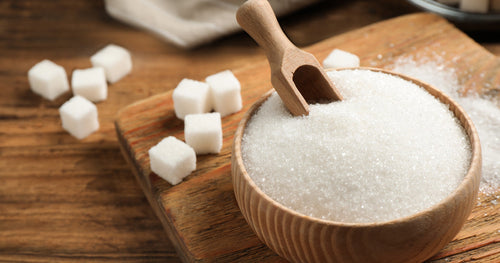
Zinc is a dietary trace mineral that helps immune cells develop and stay healthy. As the second most abundant trace mineral in the body (after iron), zinc plays a critical role in many body processes. Zinc supports healthy skin, protein synthesis, and healthy vision. And it’s important for protecting against poor immune function, especially in older individuals who may not be eating enough zinc-rich foods.
The Health Benefits of Zinc
There is plenty of zinc available in the diet, but there are also many people who a vulnerable to zinc deficiency. These include people who have digestive tract issues such as Crohn’s or inflammatory bowel disorders that impair zinc absorption. Chronic excessive alcohol consumption also leads to zinc deficiency. Dietary sources of zinc include beans, red meat, poultry, shrimp, oysters, green vegetables, dark chocolate, and nuts.
For those who are deficient in zinc, when severe it can lead to a loss of taste, smell, and appetite. As many as 15% of seniors have lost their sense of taste as a result of zinc deficiency. However, in some cases, sensory loss is a sign linked to more serious health concerns, so report any loss of taste, smell, or appetite to your primary doctor as soon as you can.
Dietary supplementation with zinc may be a cheap yet effective means of supporting health, but keep in mind a little zinc is good and too much is not good. Excess zinc can actually weaken our immune system. The recommended daily allowance is 8 mg for women and 11 mg for men.






